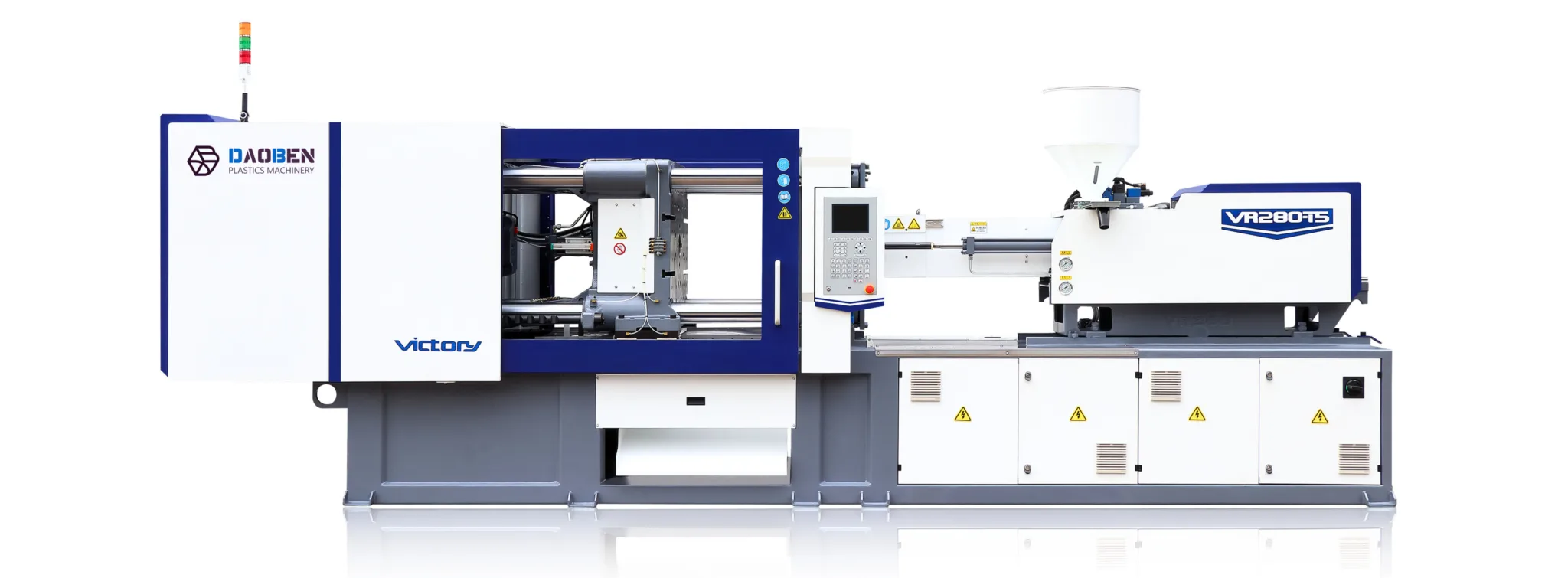Whether you’re designing the next big thing in tech, developing automotive parts, or simply trying to create a unique product prototype — one thing’s for sure: you’ll need a plastic injection molder you can count on. But how do you pick the right one? What even is a plastic injection molder, and why does it matter?
Let’s break it all down in plain English — no engineering degree required.
🤔 What Is a Plastic Injection Molder?
A plastic injection molder is a specialized manufacturer that uses the process of injection molding to produce plastic parts. Here’s the short version:
Melted plastic is injected into a custom-designed mold under high pressure. The mold then cools and hardens, forming the final product — whether that’s a bottle cap, a phone case, or a car dashboard.
Pretty cool, right? And the best part? It’s super scalable — whether you need 100 or 100,000 pieces.
🛠️ What Does a Plastic Injection Molder Do?
A reputable plastic injection molder doesn’t just “shoot plastic into molds.” They usually handle:
- Mold design & engineering
- Material selection guidance
- Prototype development
- Mass production
- Post-processing (trimming, painting, assembly)
They can be your partner through the entire product lifecycle — not just a vendor.
🔄 A Quick Look at the Injection Molding Process
Let’s keep it simple — here’s what happens behind the scenes:
- Design & Mold Creation
You submit a 3D model. The molder creates a steel or aluminum mold (this is where most of the upfront cost lies). - Melting the Plastic
Plastic pellets (typically thermoplastics like ABS, polypropylene, or polycarbonate) are melted down. - Injection Time
The molten plastic is shot into the mold at high pressure. - Cooling & Ejection
The part cools, hardens, and is ejected from the mold. - Finishing Touches
Any necessary post-processing is done before the parts are packaged and shipped.
🧠 Things to Consider When Choosing a Plastic Injection Molder
Not all plastic molding machines are created equal. Here’s what you should keep your eyes peeled for:
1. Experience & Specialization
- Are they experienced in your industry?
- Do they have case studies or testimonials?
For example, medical device parts require stricter tolerances and certifications than toy parts.
2. Material Expertise
- Can they help you choose the best plastic for your needs?
- Do they offer a wide range of materials (ABS, POM, PC, TPE, etc.)?
A good molder will guide you on material properties like strength, flexibility, and heat resistance.
3. Production Capabilities
- Can they handle both low and high-volume runs?
- What’s their lead time?
Ask about their machines, tonnage range, and whether they support overmolding or insert molding.
4. Quality Control & Certifications
- Do they follow ISO standards (like ISO 9001 or ISO 13485 for medical)?
- Do they provide part inspection reports or FAI (First Article Inspection)?
Quality matters, especially if you’re scaling your business.
5. Communication & Support
- Do they offer design feedback?
- Will they keep you updated throughout the process?
Pro tip: Choose someone who feels like a partner, not a robot.
⚠️ Common Mistakes to Avoid
Here are a few rookie moves you’ll want to steer clear of:
- Choosing purely based on price – Cheap often means compromised quality or long lead times.
- Skipping prototyping – Always test a prototype before mass production.
- Not checking mold ownership – Ensure YOU own the mold if you’re investing in it.
- Ignoring tolerance discussions – Small measurement variances can ruin functionality.
🧪 Real-World Applications of Plastic Injection Molding
The process is everywhere — once you know what to look for, you’ll see it’s all around you:
- Automotive: Dashboards, handles, clips
- Medical: Syringes, diagnostic devices, casings
- Consumer Products: Remote controls, kitchen tools, phone cases
- Packaging: Caps, lids, containers
- Electronics: Connectors, housings, cable guides
Whether it’s a toothbrush or a drone — chances are, it came out of a mold.
🧐 FAQs About Plastic Injection Molders
What’s the typical cost of injection molding?
Initial mold creation can range from $3,000 to $100,000+, depending on part complexity. Per-part cost drops significantly with higher volumes.
How long does it take to get parts?
Prototyping takes 2–4 weeks. Production can take 4–6 weeks depending on capacity and complexity.
What types of plastic are used?
Common plastics include ABS, nylon, polycarbonate, and polyethylene. Your molder can recommend the best one for your needs.
Can I use recycled plastic?
Absolutely! Many molders offer recycled or sustainable materials if you’re eco-conscious.
Meet the Experts: Daoben Machinery – Injection Molding Machines You Can Trust
If you’re setting up your own production line or expanding your manufacturing capabilities, Daoben Machinery is a name worth knowing. They’re not just any equipment supplier — Daoben is a professional manufacturer of injection molding machines, serving clients around the world with reliable, high-performance solutions.
Why Daoben Machinery?
- ✅ Decades of Experience – With years in the industry, Daoben understands the real-world challenges of injection molding.
- ⚙️ Advanced Machine Technology – From servo motor machines to high-speed models, they offer a wide range of equipment to suit different production needs.
- 🌍 Global Service & Support – Whether you’re in Asia, Europe, or the Americas, Daoben provides top-notch customer support and technical assistance.
- 🛠️ Customization – Need something specific? Daoben works with customers to tailor machines for unique applications.
Their machines are widely used in:
- Automotive component manufacturing
- Medical device production
- Household and consumer products
- Electronics and packaging industries
If you’re serious about getting into plastic injection molding — or upgrading your existing setup — Daoben Machinery could be the partner that brings your production to the next level.


